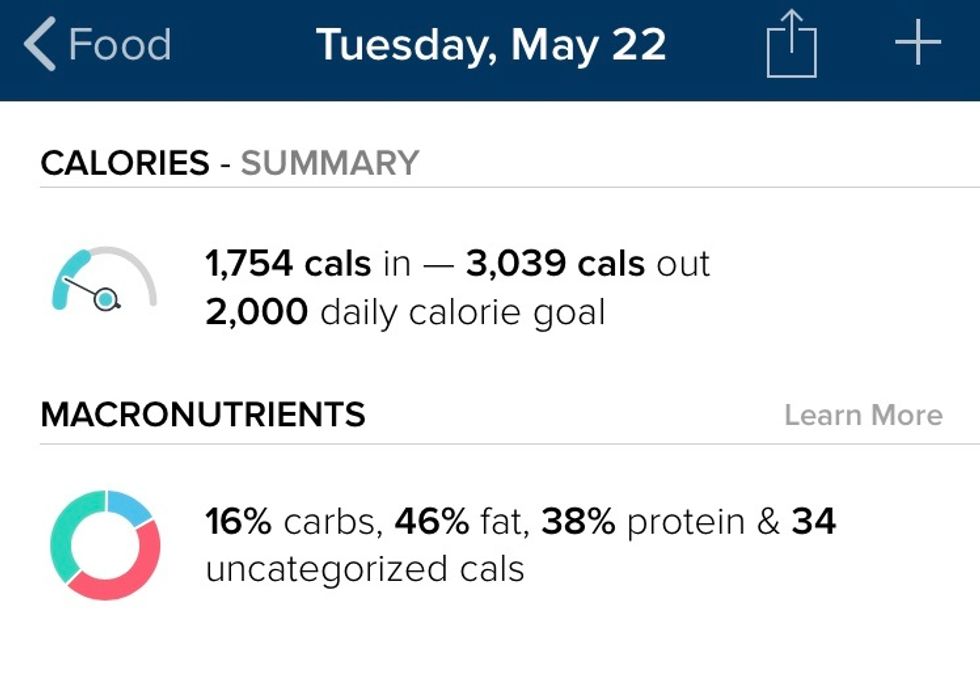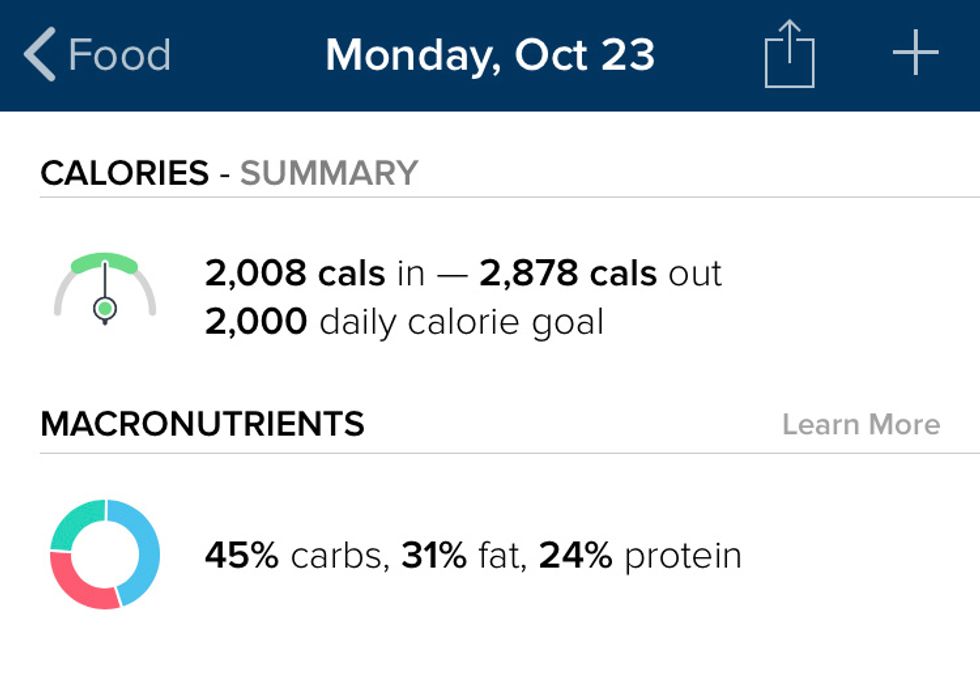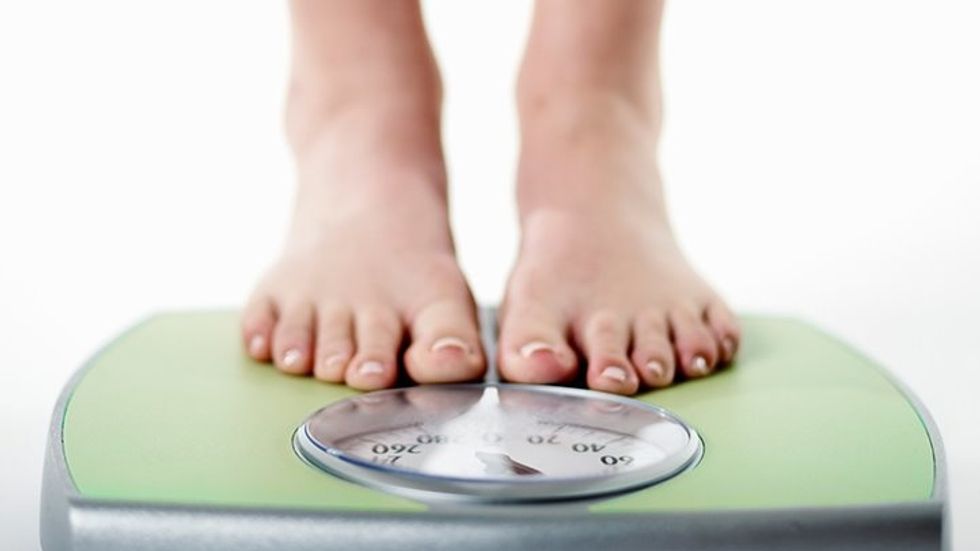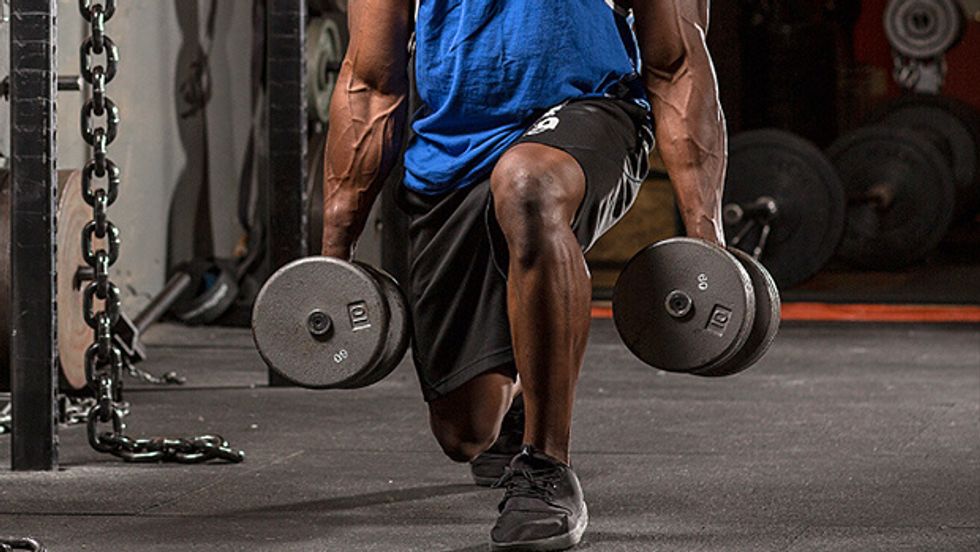I'm really not one for diets. Most of them are fads that only get popular because celebrities do them for a period of time and then they catch on. They often seem really gimmicky without any science behind them. But at the beginning of this year I told myself I wanted to be more aware of my health and make smarter, healthier choices and changing the way I thought about food felt like a good way to start. Which lead me to ketosis.
The science behind ketosis sounded complex at first but once simplified, began to make a whole lot of sense to me. The goal of the keto diet is to get your body into a state of ketosis, hence the name. Ketosis is reached once the body produces a certain amount of ketones which help burn fat. So instead of running your body on sugars, it learns to gain fuel by burning the fat available in your body.
Essentially, ketosis allows the body to run on a much more stable energy source without the spikes and dips in blood sugar that comes with a high-sugar diet. I had also heard a lot about how ketosis improves your brain functions to help you remember more and stay focused longer. From a college student's viewpoint, that sounded like a win-win situation for me.
A really simple way to think about ketosis is through the lens of the macronutrients: carbs, fats and protein. My diet before I switched to keto was heavy in carbs. Percentage-wise, my carb intake would sometimes be 50 percent or more of my daily food intake. But with a keto diet, you restrict your carb intake and focus on foods with a high amount of healthy fats.
So on a good day, my average nutritional input would look something like this:

As you can see, carbs made up a really small portion of what I was eating at the time whereas foods with higher fat and protein content took up relatively equal shares of whatever's left over. Compared to what I was used to eating:

I basically completely switched around my usual eating habits. And that ended up being a large portion of what I learned when everything was all said and done. But here's just a quick recap for those of you out there who might be considering going on the keto diet as well.
1. The initial weight loss was really startling

I didn't choose a keto diet for the weight loss aspect, even though that's always one of the top selling points when people discuss ketosis. I was more interested in the brain functions I mentioned earlier: sharper memory and better focus. I didn't expect to lose a great deal of weight at all unless I decided to stick with keto for a long period of time. In my first week, however, I ended up losing 10 pounds out of the blue. Originally I thought there was an error in the scale I was using. I tried to be consistent in how I was weighing myself and at what times, but when my numbers didn't jump back to their usual levels I had to conclude that it had something to do with my change in diet. With exercise and nutrition, changing things up and adding variety to both is usually a surefire way to kickstart your body into a change of some sorts.
2. I was hungry all the time

For the first couple of days, I was really struggling to figure out what foods I was going to eat and how I was going to restructure my diet. As I mentioned earlier, carbs were a large part of my diet and I was suddenly taking that away from my body and forcing it to find an alternative energy source. I had to completely rethink the way I bought groceries and pay a lot more attention to nutrition labels. I would generally avoid typical junk foods, but I had to cut foods out of my diet that had previously been staples of my diet. I was also operating on a slight caloric deficit for a period of time, which made things even more difficult.
3. Exercise was much harder

I wanted to keep as much outside of my diet consistent as possible to analyze how much the keto diet was actually affecting me. So that meant I just continued my usual exercise routine, which in hindsight turned out to be a big mistake. The majority of my exercise routine consists of heavy-weight, 8-12 repetitions with 60-90 second rest in between sets and/or exercises. It's essentially high-intensity training where I'm trying to keep a consistent 120+ BPM heart rate. Which, as it turns out, requires a consistent energy source. So when I was suddenly trying to get my body to start running off fats, I didn't have as much energy as I used to which made the types of exercises I wanted to do much harder.
Lesson #3 was what lead me to abandon the keto diet. The exercise goals and routines I was setting for myself was directly in contrast to the dietary framework I was working within. In the end, I felt that my diet, exercises, and overall physicality was suffering because of it. But the whole experience helped change my mindset around how to think about food as a source of energy as opposed to just a way to avoid hunger. I implore everyone, however, to find a diet that works for them, mainstream or not. The food you eat should reflect and aid your goals. Just because the keto diet didn't work for, doesn't mean that thousands haven't found success using it.



















